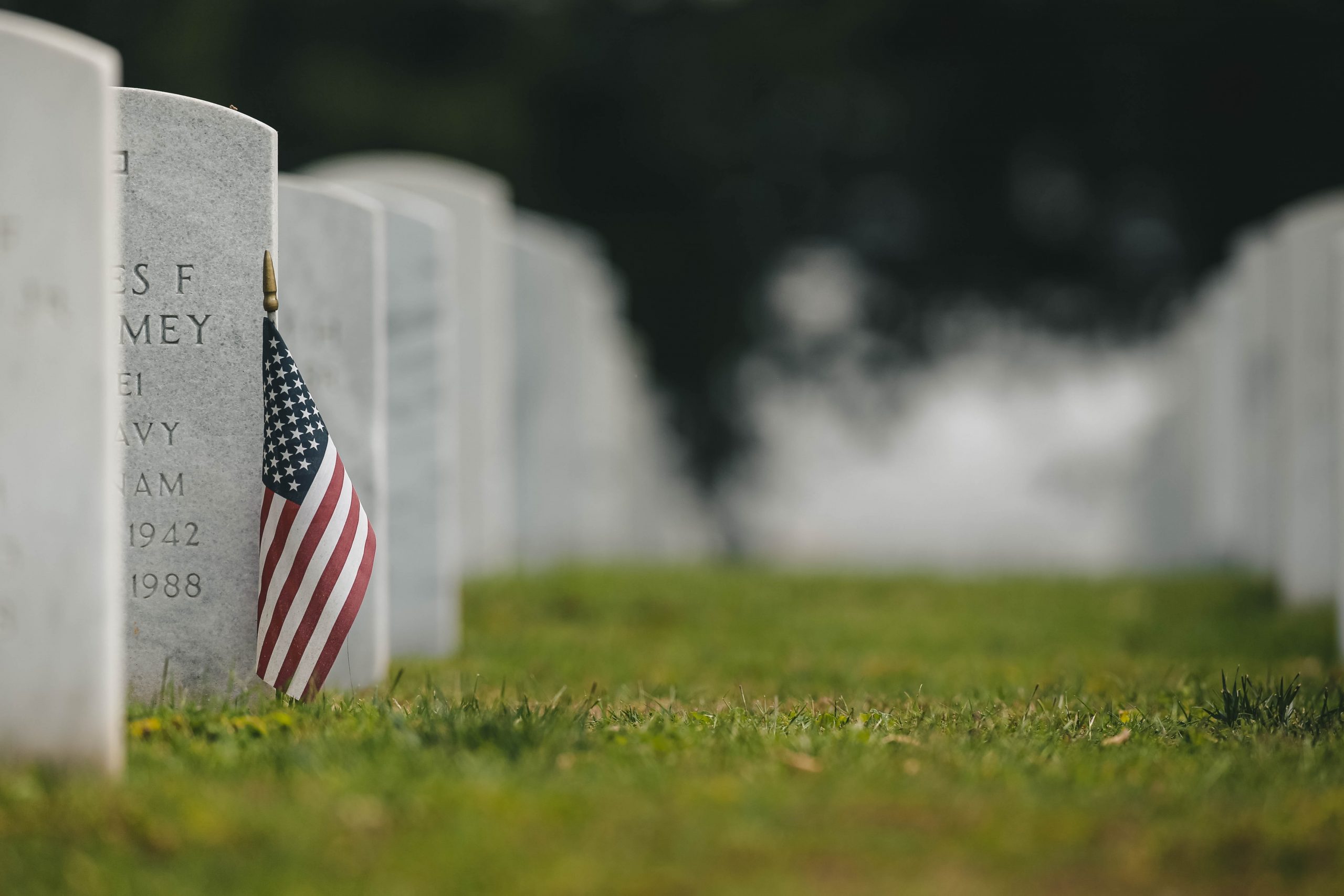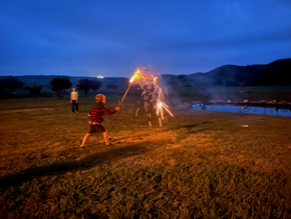
Understand our Christian Heritage to Preserve Liberty
In this crazy culture, the very foundation of our freedom is being attacked on many fronts. It is shocking that many people appear to be either not aware of what’s really happening around them, or, they choose to look the other way, for fear of being canceled.
Arming yourself with knowledge is the only way to counter the attack on what our founding fathers fought for many years ago – your freedom.
I invite you to read this article, written by Dennis M. Patrick, to gain a deeper understanding of our Christian heritage – the vital component to preserving our liberty
Column: The Passing Scene
By: Dennis M. Patrick
Date: June 24, 2022
RULED BY A MORAL COMPASS
Independence Day is upon us and understanding our Christian heritage is vital to preserving our liberty. A person need not be a Christian to grasp the fundamental wellspring of our unique concept of freedom. Now is a good time to reflect on our Biblical tenets of government.
The culture and government of any society fundamentally reflects its religion as a driving force. Whether the culture of the American Indian, a Muslim society, or the beliefs of the Papua New Guinea people, the mores, norms, and law – the very understanding of right and wrong — are driven by closely held religious beliefs.

One thing is certain. American colonials did not wake up one fine day on July 4, 1776, and decided to have a picnic in the park with watermelon and fireworks. Once again, ideas have consequences and the ideas expressed in the Declaration of Independence and US Constitution remain firmly rooted in the rich soil of Europe’s Reformation. Even Deists concurred with this.
For many Founders the substance of the fledgling country would be found within the Bible as instructive for governing both internally and externally. The greater the internal government within the individual, the less external government was required. Herein lay the genius of a new experiment in governing. Without Christian internal self-control, the reasonable expectation was external control imposed by the old forms of government. Laws upon laws; regulations upon regulations enforced enthusiastically.
In 1636 Rev. Thomas Hooker’s “Fundamental Orders of Connecticut” provided the first attempt at a written constitution. Rev. Hooker’s premise was outlined in a sermon based on Deuteronomy 1:13-14. Moses spoke to Israel according to what the Lord had related to him. “Choose wise, understanding, and knowledgeable men from among your tribes, and I will make them heads over you. And you answered me and said, ‘The thing which you have told us to do is good.’”
Another attempt in the evolution of American government from Christian roots is found in a body of laws drawn up by Rev. Nathaniel
Other examples of America’s Christian roots abound. In 1682 Quaker Minister William Penn established his “Frame of Government” for the region of Pennsylvania. The intent was “…to make and establish such laws as shall best preserve true Christian and civil liberty … whereby God may have his due, Caesar his due, and the people their due….”
The development and refinement of local self government between 1640 and 1776 might be summed up in a statement by Samuel Adams in the Boston Gazette on March 28, 1773. “…still there is the great and perpetual law of self-preservation, to which every natural person or corporate body hath an inherent right to recur. This being the law of the Creator, no human law can be of force against it….”
For decades prior to the American Revolution pastors preached a specific style of sermon called the “Election Sermon.” Such sermons were deemed proper and were expected to be decent, serious, and instructive. Biblical themes included “…where the Spirit of the Lord is, there is liberty” (2 Corinthians 3:17), “Ye shall know the truth and the truth shall make you free” (John 8:32), and “…remove violence and spoil, and execute judgment and justice, take away your exactions from my people, saith the Lord” (Ezekiel 45:9).
Today, a consuming rejection of our Christian heritage yields an incomplete appreciation of liberty. Attack and remove the premise of an argument, and the argument cannot stand. In today’s American culture, marginalizing Christianity and replacing the Biblical premise of liberty with a secular premise of socialism, Critical Race Theory, or the premise of the 1619 Project may well result in reverting once again to imposing external government.
Every generation must determine for itself the precepts by which it will live. Some generations are up to the challenge. Some are not.
Dennis M. Patrick can be contacted at bnt0019@gmail.com.


No Comments